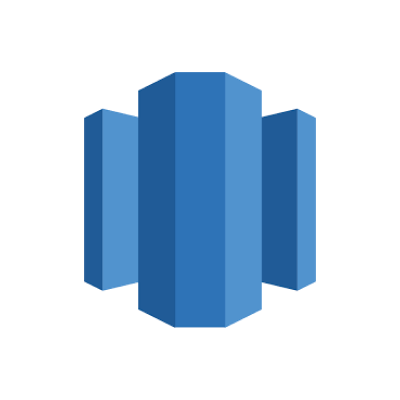Compare - Databricks VS Keboola
Here’s the difference between Databricks and Keboola. The comparison is based on pricing, deployment, business model, and other important factors.
About Databricks
Databricks provides a data lakehouse that unifies your data warehousing and AI use cases on a single platform. With Databricks, you can implement a common approach to data governance across all data types and assets, and execute all of your workloads across data engineering, data warehousing, data streaming, data science, and machine learning on a single copy of the data. Built on open source and open standards, with hundreds of active partnerships, Databricks easily integrates with your modern data stack. Additionally, Databricks uses an open standards approach to data sharing to eliminate ecosystem restrictions. Finally, Databricks provides a consistent data platform across clouds to reduce the friction of multicloud environments. Today, Databricks has over 7000 customers, including Amgen, Walmart, Disney, HSBC, Shell, Grab, and Instacart.
About Keboola
Keboola Connection provides a cloud based staging layer to mash up data from various sources including social networks, web services, internal databases, etc.. Users can display it in Tableau or GoodData. The platform is fully extensible by third parties in all layers. Platform capabilities includes a cloud ETL layer that uses SQLDEP for easy orientation in large SQL queries. Access your own sandboxes for quick adjustments and apps to reduce repetitive tasks. Users can use SQL or R as the blending language.
Comparison Table
| Overview | ||
|---|---|---|
| Categories | Data Warehouses, Data Lakes | Data Workspace/ Collaboration, Managed Data Stack |
| Stage | Late Stage | Late Stage |
| Target Segment | Enterprise, Mid size | Mid size, Enterprise |
| Deployment | SaaS | SaaS |
| Business Model | Commercial | Commercial |
| Pricing | Freemium, Contact Sales | Freemium, Contact Sales |
| Location | San Francisco, US | US |
| Companies using it | ||
| Contact info |
Add to compare
